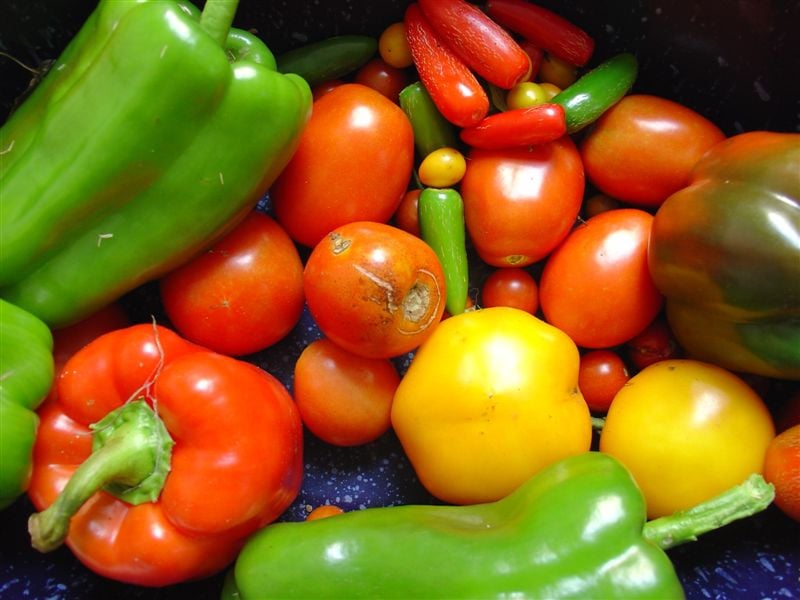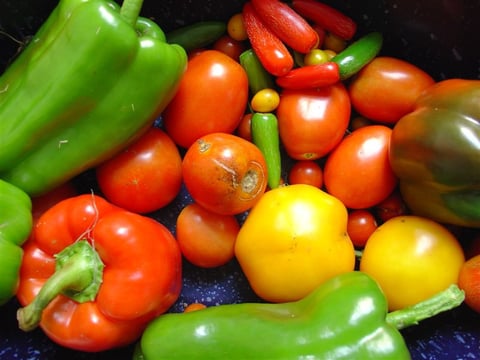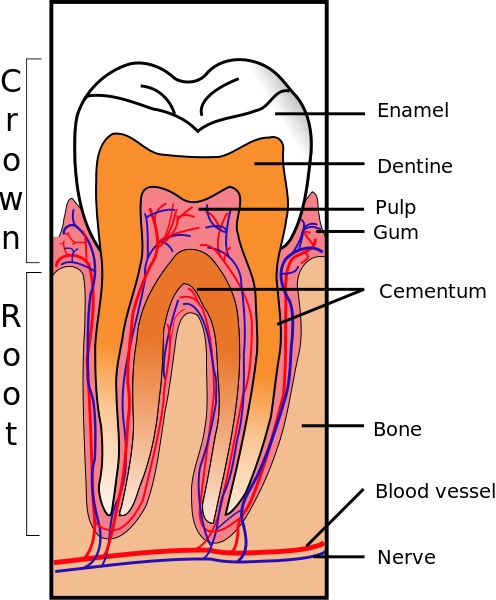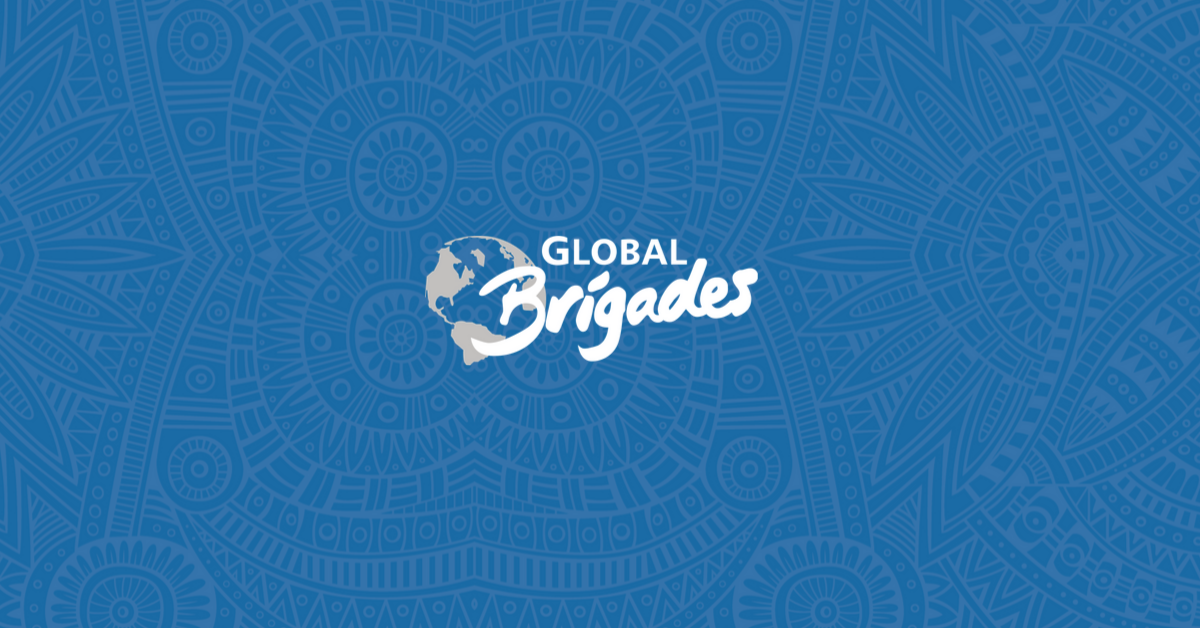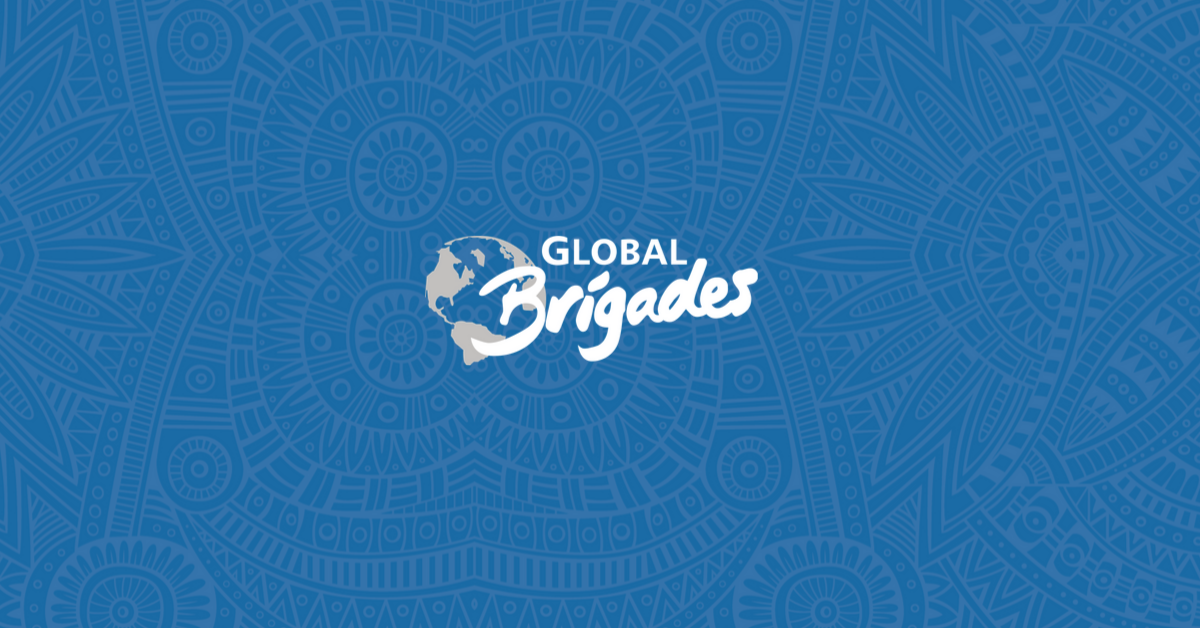The following blog post was written by guest blogger Claire Seigworth. Claire graduated with a B.A. in International Relations and a minor in Spanish Literature from Marquette University. She has traveled to many Latin American countries, studied in Santiago, Chile and worked in Panama for Global Brigades.
International development encompasses all facets of human development, from economic status to health. Increasingly there has been a push to focus on the actual biology of human growth as getting the proper nutrients, especially for children, and how to ensure people have access to this food. Globally, almost 870 million people are chronically malnourished, or one in eight people.[1] While the amount of people that are chronically malnourished decreased in the past 20 years, food security and food sovereignty increasingly are concerns of developed and developing countries.
Often times countries require food aid due to natural disasters or droughts, but often the reasons for malnutrition is economic and political. War, poverty, poor infrastructure, and over exploitation of natural resources all lead to people not having access to the food they need to grow and survive even though there is enough food to feed everyone on the planet.[2] People not having food enough food to eat is terrible. However, chronic malnourishment is a huge threat to human health as it is the world’s largest contributor to disease and in children it decreases physical and mental growth.[3]
Thankfully the world recognizes this problem and governments and non-governmental organizations are responding to malnutrition through various methods. The British government funded research to create “super crops” which have higher amounts of necessary vitamins and minerals and sell it to farmers in the developing world.[4] However, others criticize this approach as a band-aid measure because it does not address the economic causes of malnutrition and hunger.
La Via Campesina is one of the world’s largest organizations of peasants, which fights for food sovereignty and inclusion in the global market.[5] By uniting and educating peasants through a global organization, La Via Campesina has found a way to insert themselves in the conversation and fight for their needs and rights so that the poor can eliminate hunger through farming their own food.
Individually, people can support the movement to end hunger and malnutrition by donating food to food pantries and donate money to organizations such as the World Food Program and other charities. Malnutrition and hunger can be alleviated and everyone has a role in contributing to ending it.

